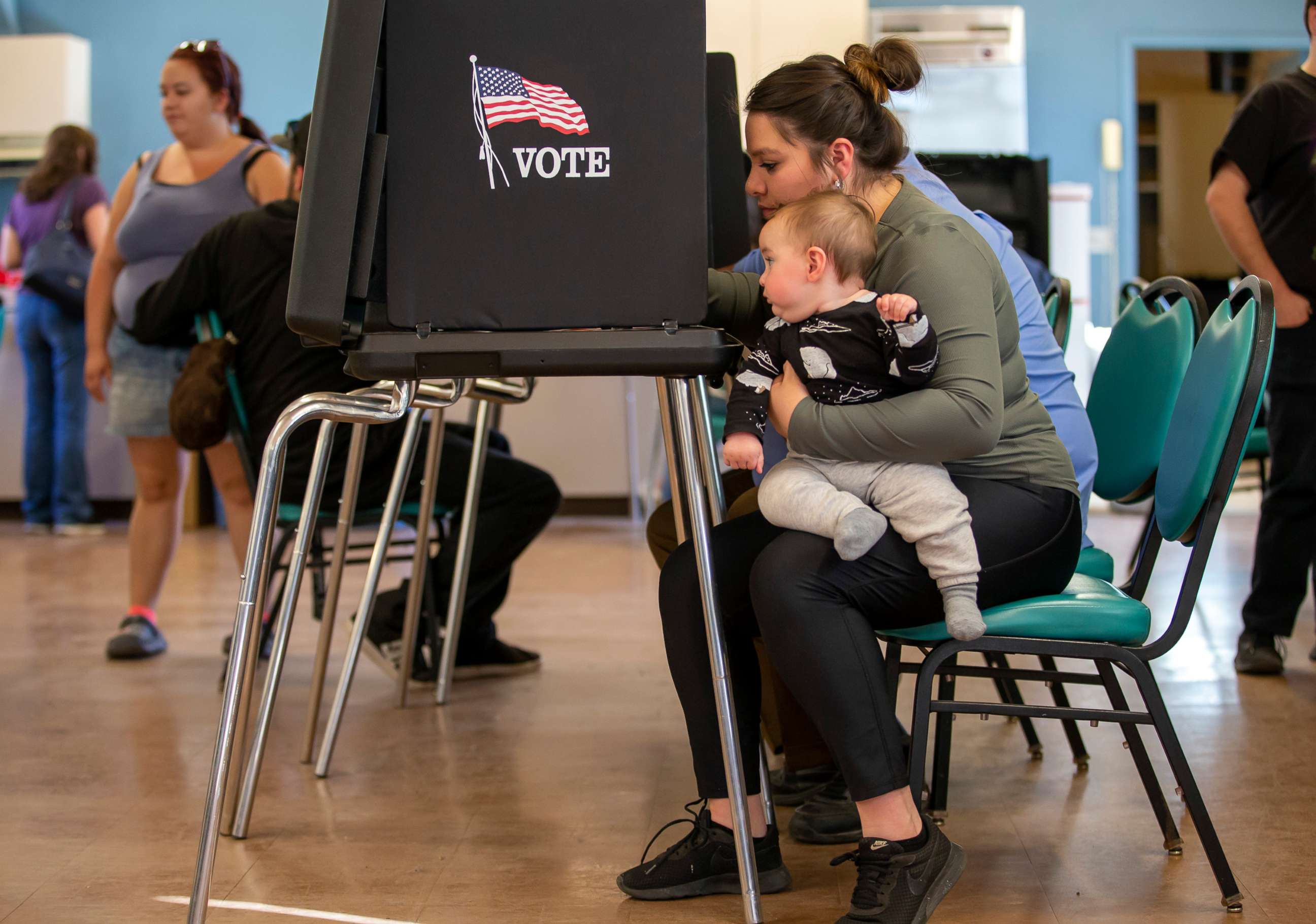New Mexico votes to spend over $150 million on early childhood education
Over 70% of votes were in favor of the ballot measure.

New Mexico residents have voted overwhelmingly in favor of a ballot measure that increases funding for early childhood education.
As of Thursday morning, 70% of ballots cast were in favor of Constitutional Amendment 1, which provides more money from the state's Land Grant Permanent Fund (also called the Permanent School Fund) "for enhanced instruction for students at risk of failure, extending the school year, teacher compensation and early childhood education."
The advocacy group New Mexico Voices for Children estimates this will amount to about $150 million, or another 1.25% of the fund, which is funded in part by the state's land, oil, gas and mineral royalties.

New Mexico has been a leader in prioritizing early childhood education. In May, the state essentially waived the cost of child care programs, making it free for most families earning up to 400% of the federal poverty level, or $111,000 for a family of four.
Michelle Kang, the chief executive officer of the Washington, D.C.-based National Association for the Education of Young Children, which represents 60,000 early childhood educators across the country, welcomed the news.
"One of the things that's so interesting here in New Mexico is this moment of where it's all coming together for early childhood education," Kang told "Good Morning America." "From advocates and educators, the leadership at the state level, voter understanding, the educators that cross partisan lines and the relief funding is all coming together -- and to me, a highlight of something very good that has happened."

"It's crucial support to working families and it is being seen as something that starts at the earliest years and then translates into what happens as children grow and develop and continue to access education," Kang continued.
Across the U.S., the issue of child care and early childhood education has reached critical proportions, with key problems such as a lack of adequate staffing, low compensation, and child care deserts holding countless families back.
"In the national context, the federal relief dollars have been critical for saving child care from total collapse in the wake of the pandemic," Kang said. "What we're seeing with closures of programs, the staffing challenges, the limitations now in terms of access for families -- [where] the funds have not yet been sustained by Congress -- it's created massive stability challenges for programs in all settings, sizes, states and communities."
"This amendment in New Mexico is going to help the state address that lack of stability and sustainability, which is hugely consequential for educators and families," Kang added.
As New Mexico moves forward to address its early childhood education needs, Kang said that more needs to be done to set up children in other states for success.
"We see that states have looked at ways to be creative around being able to support this, but fundamentally, we can't leave it to states," Kang said. "Federal funding is the backbone to being able to solve this challenge."







